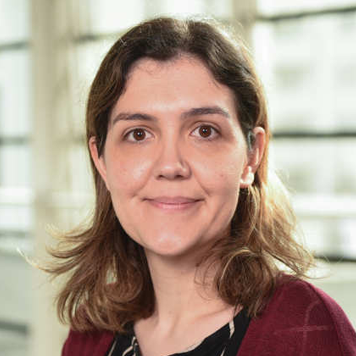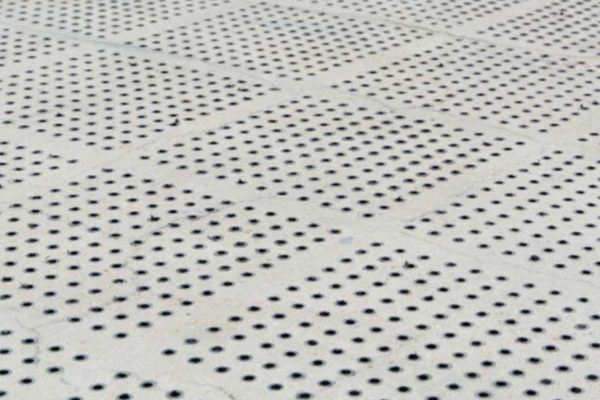A silica-based supplementary cementitious material (SCM) produced from naturally abundant magnesium silicates such as olivine. The production process is carbon negative through the incorporation of CO2 mineralisation.
Proposed Use
When the SCM is blended with Portland Cement, the resulting product can be a carbon neutral, or even negative, cement depending on the relative proportions.
The CO2 is sequestered as magnesium carbonate, which can be used to produce a range of construction materials that can effectively substitute carbon intensive incumbents, such as clay-fired bricks.
Spinout company
The inventors are also co-founders of Seratech Limited, an Imperial startup under formation to commercialise this technology with the goal to make an impact with the production of the carbon neutral concrete and support the decarbonisation strategy of the construction industry.
Problem addressed
Cement is the key binding ingredient in concrete, and its production is responsible for 8% of global CO2 emissions. Concrete is a vital material for the infrastructure required to maintain and improve our quality of life and it is imperative to find methods to reduce its carbon footprint.
The use of current SCMs such as ground granulated blast furnace slag and fly ash can help to decrease the CO2 emissions. However, these materials have some drawbacks like high costs and limited availability and often exhibit lower strength gain than Portland cement concrete. Critically, these materials do not offer a route to net zero, so there will still be a requirement for carbon capture or offsetting.
Technology overview
To address these challenges, this technology developed at Imperial has been specifically designed to be a silica-based SCM through a circular and zero-waste process, using olivine as the raw material. This material meets the British and European standards for SCMs and serves as a potential means to achieving carbon negative concrete.
The olivine is first separated into its constituent silica and magnesia components via an acid digestion. The silica component is used as the SCM and can be blended with Portland cement to produce carbon neutral or negative cement. The remaining magnesia component can sequester CO2 and the resulting magnesium carbonate can be transformed into other valuable building materials. All the reagents employed in the process can be regenerated and reused, promoting sustainability and resource efficiency.
Benefits
- Carbon neutral cement
- Price competitive with current high-emission products
- The potential to be manufactured at a global scale
- High performance cements
- Circular production process, with no harmful waste
Advantages
- Naturally abundant feedstocks, such as olivine or mine tailings
- Can easily be integrated with existing cement plants or other CO2 emitting facilities
- The silica SCM is already compliant with relevant British and European standards
Intellectual property information
An international patent application was filed (PCT/GB2023/050085) to protect the method to produce amorphous precipitated silica as supplementary cementitious material.





